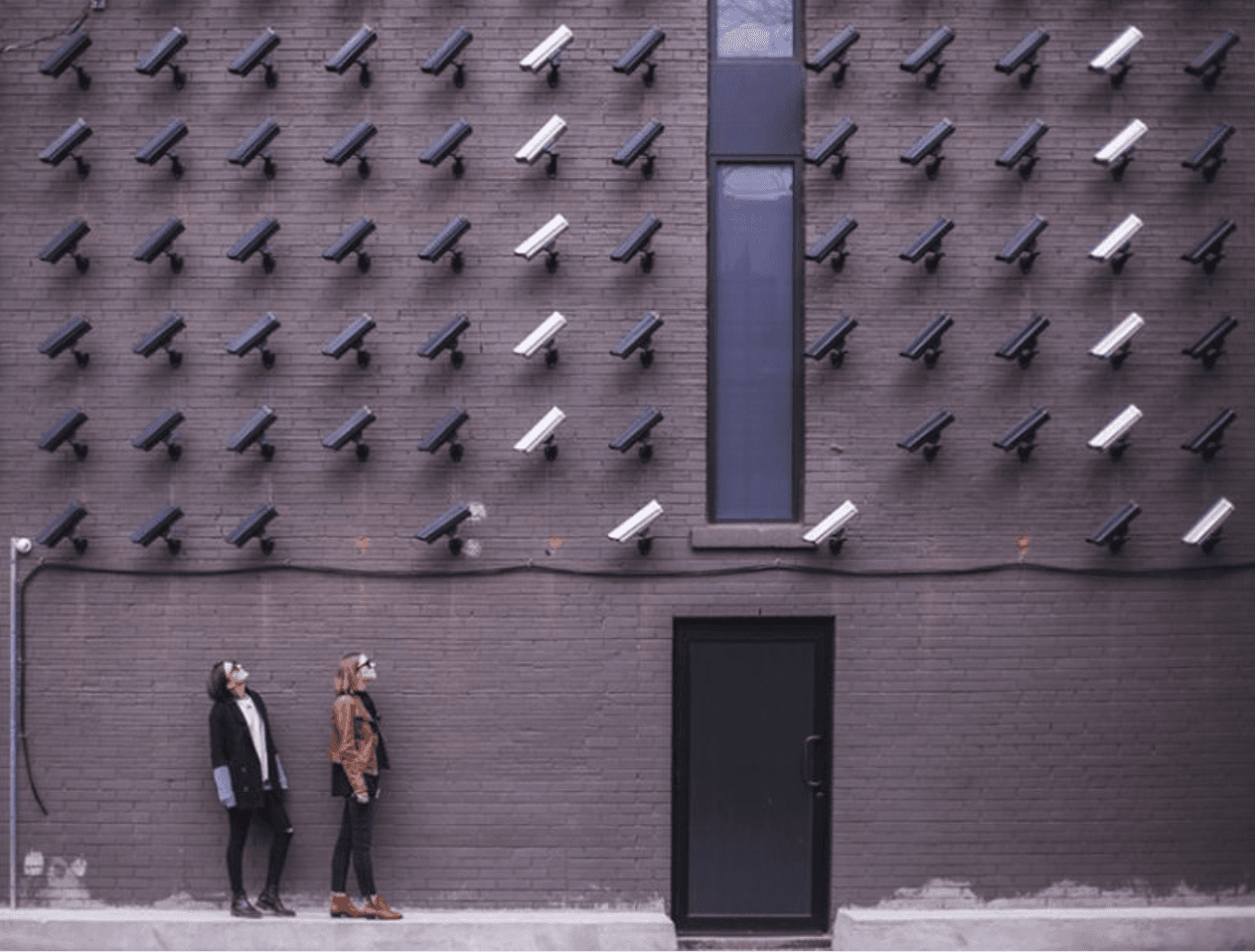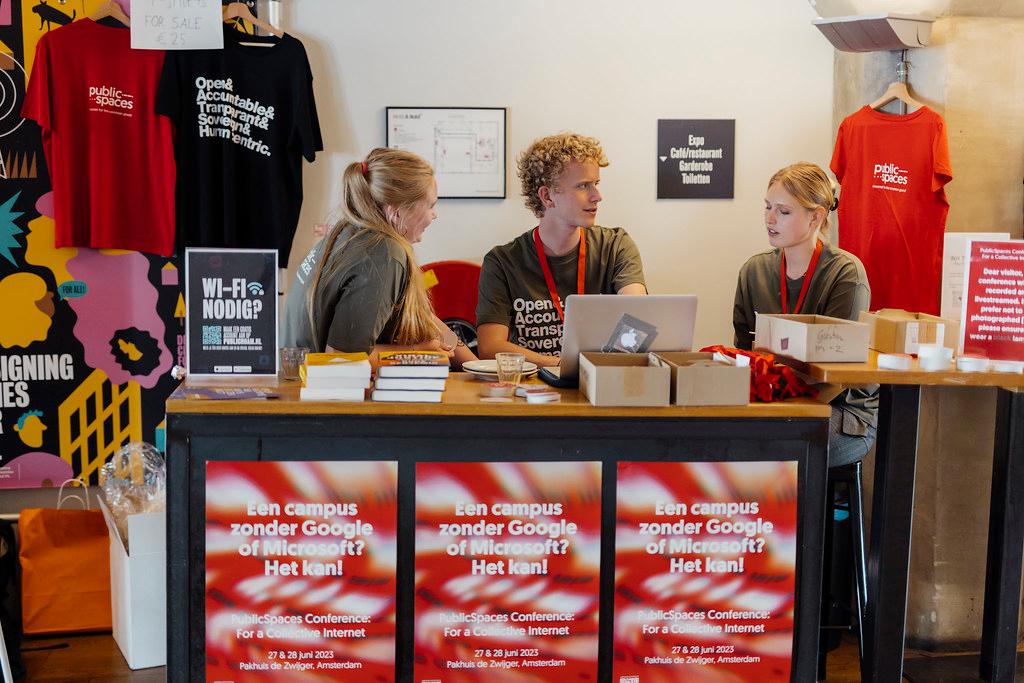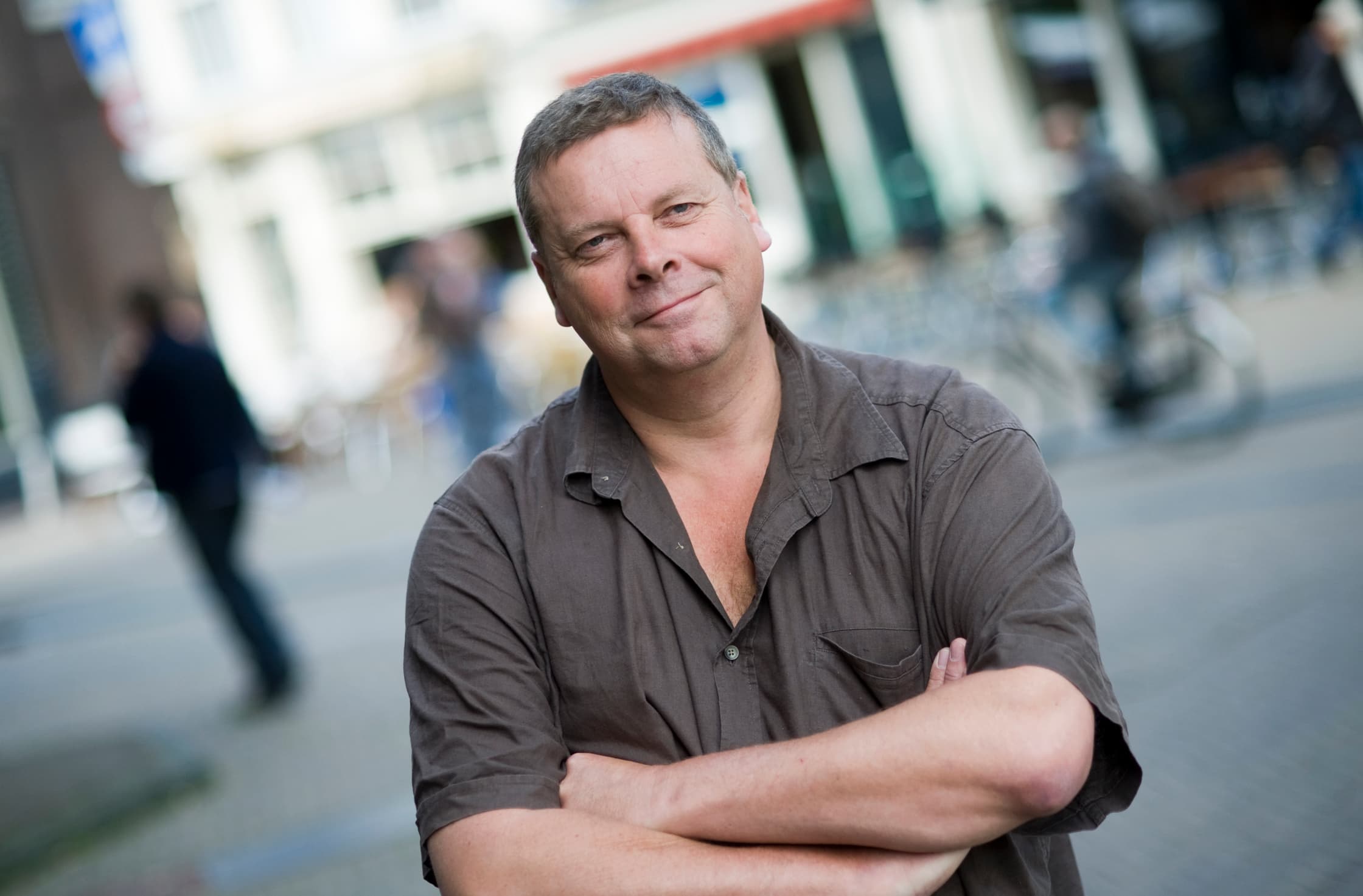Imagine a world where you are not tracked online. You can send a message to a friend and know that nobody else (not even a robot) will see it. You can post anonymously to a message board, and even check the code of that message board yourself if you want to be sure that your privacy is protected by design. If you have an issue with how your data is used, or how your digital identity is defined, you have the power and right to change it. When it’s necessary, you can even vote to change how this world works. Imagine a world with digital public spaces — where you are treated like a person with human rights rather than a subject or consumer.
Right now, though, the world is different. There are no digital public spaces. Instead, the rules of online discourse (which should be created by society and democratic governments) are determined by private companies. Many of the rights we would expect to have in European public spaces – the right to freedom of speech, or rights to access and use a public space – are not guaranteed by the websites we use, because they are private spaces. We are tracked and traded in an invisible profit-driven network where surveillance is the business model. Algorithms determine what we will (not) encounter, and there’s no way to know exactly how they work. In this world, personal connections are severed by walls and bubbles, and truth is relative to what companies allow us to see.
All of this threatens democracy and human rights, especially as our lives move increasingly online. We need to build digital European public spaces, and this requires an effort beyond any single person, group, or organization. The task requires an ecosystem of infrastructure, hardware, software, design, governance and people to come together. Building upon a shared foundation, we can regain the rights we’ve lost online, enforce the rights that we already have, and gain new rights and stronger protections along the way.
People are working on parts of this already: civic tech advocates and open source developers create fair technology; the digital rights movement, political activists and strategists raise awareness and advocate for change. But so far, the pieces of this giant puzzle are spread out (and in the worst case, duplicating or competing with one another).
In line with the PublicSpaces initiative we are putting these pieces together to make digital European public spaces a reality, building a diverse network of people and organizations who each contribute to this shared goal in their own way. Over the next six months, we will be gathering insights from people like you, developing and sharing useful resources to understand the complexities and nuances around digital public spaces, and providing ways forward along with the network that we build along the way.
Where do you fit in? You can:
- Join us at the PublicSpaces Conference on March 11 for a public program and March 12 as we map a network of organizations and developers committed to a better Internet.
- publicstack ⟨ at ⟩ waag.org to stay up-to-date on the DEPS (Digital European Public Spaces) progress
- publicstack ⟨ at ⟩ waag.org with your answers to these questions:
- What are the problems with not having digital public spaces?
- What would you like to see (in terms of use cases for digital public spaces)?
- What are the opportunities?
- How can you help/are you already helping? What would you like to get in return?


